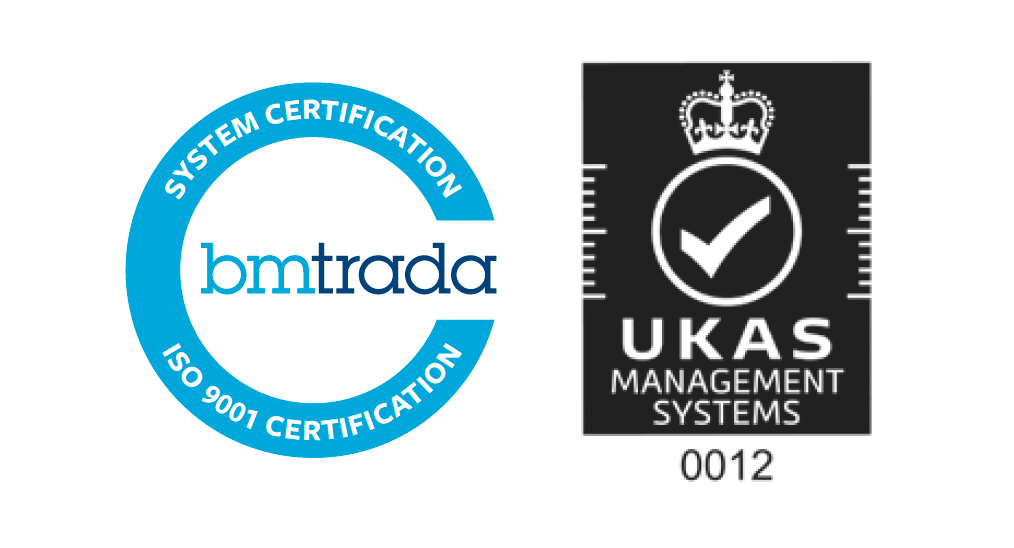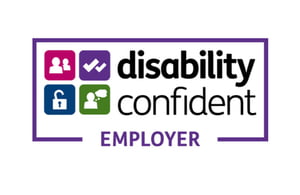Bringing up the topic of information governance (IG) isn’t a reliable way to perk up a room. But it can be a truly exciting topic because as the key that unlocks information-sharing, effective IG can positively impact individuals using the health and care system and makes the jobs of health and care professionals easier and more efficient. IG can also deliver significant savings, as CF has modelled and helped deliver for several commissioners and STPs.
The powerful benefits of IG came to life for me when I considered what information-sharing could hold for a family member with dementia. Being able to consistently and comprehensively repeat symptoms, diagnoses, and courses of treatment were not possible, and the wrong care could have been provided as a result. Getting shared access to their record – by professionals with a need for their information – would go a long way towards making sure they get the right care at the right time.
But to reach the point where a person’s many contacts with the health and care system can all access the necessary information requires fit-for-purpose information governance. Information-sharing is also critical to the functionality of new models of joined-up care, but few places have it, citing Information Governance as the barrier. Our work with providers, STPs, emerging accountable care systems, county councils and other local health economies, have shown that there are a lot of Information Governance myths circulating that prevent people from making information-sharing happen.
I thought I’d draw inspiration from a favourite show from childhood and ‘bust’ three of these myths. If you’ve never seen the show Mythbusters, they take an urban legend, e.g. tooth fillings transmit radio waves, and design experiments to test the myths in an ‘empirical’ way. At CF, our experiments are our experiences working with Information Governance professionals, regulatory experts and frontline staff to design and deliver Information Governance and information-sharing solutions.
Myth #1: There are already tools available – we don’t need Information Governance and information-sharing solutions
| Experiment: | CF conversations with primary, acute, community, and mental health professionals |
| Findings: | The Summary Care Record holds only very high-level information about current medications, allergies and adverse reactions, but professionals need more complete care records to inform safe care decisions, especially when treating people with multiple complex conditions. The Summary Care Record with Enhanced Information is closer to what’s needed, but it only takes information from GP systems and is not widely used by professionals, thus few records have sufficient information to be useful. |
| Result: | Myth busted: an alternative to the SCR is needed |
Myth #2: Social care data cannot be shared with health and care professionals due to privacy laws
| Experiment: | CF having designed information-sharing programmes in STPs led in-depth conversations with data-sharing professionals and working closely alongside individuals that have helped draft national policy on information sharing |
| Findings: | Social care data can indeed be shared with health providers, provided that the sharing is reasonably expected by service users. In fact, since 2015, there has been a legal duty to share this information, and it is being shared in select systems across the country already, e.g. North West London |
| Result: | Myth busted: Social care data can and is legally shared across health and care professionals providing the right conditions have been created |
Interesting side note; A challenge remains in making use of the social care coded data, as much of the richness lies in free-text notes. CF has seen some creative proxies from the data available to assess the complexity of service user, and efforts from academia to improve text mining.
Myth #3: Getting the Information Governance right for information-sharing is inherently a slow and difficult process
| Experiment: | CF having delivered information-sharing programmes, facilitating the development of fit-for-purpose Information Governance, in short timeframes |
| Findings: | With a clear vision from leadership, effective public engagement, and vocal support from the clinical community – GPs, this can be a surprisingly speedy process. Senior CF leaders have delivered these programmes in <6 months elsewhere. Indeed, with GDPR coming into effect this May, stakes are raised for an urgent improvement of Information Governance. |
| Result: | Myth busted: Information-sharing and its underpinning Information Governance can and has been done quickly in multiple locations across the UK. |
Lessons Learnt:
To summarise the lessons from our experience, Information Governance is exciting because it unlocks the ability of health and care professionals across all sectors to share important information about the individuals they’re serving. Information Governance leads to better safer care, better outcomes for people, and more efficient working across the system, as well as enabling new models of care. And many of the myths preventing information-sharing from happening should not be considered barriers at all!



